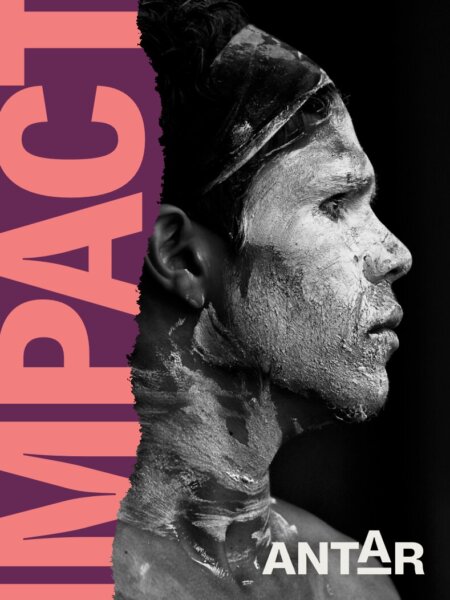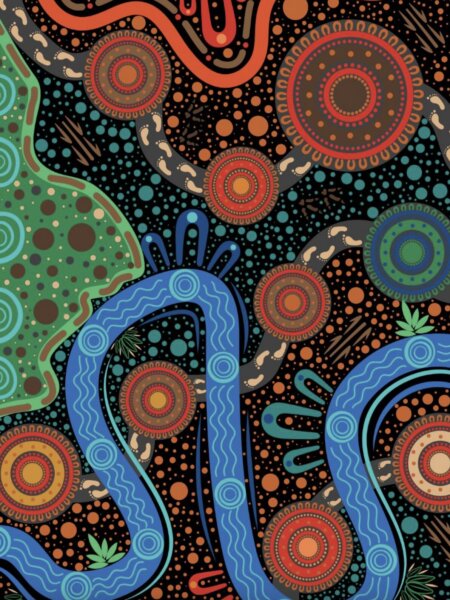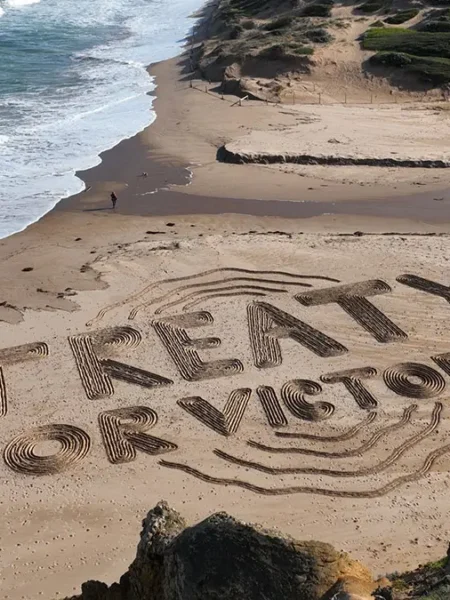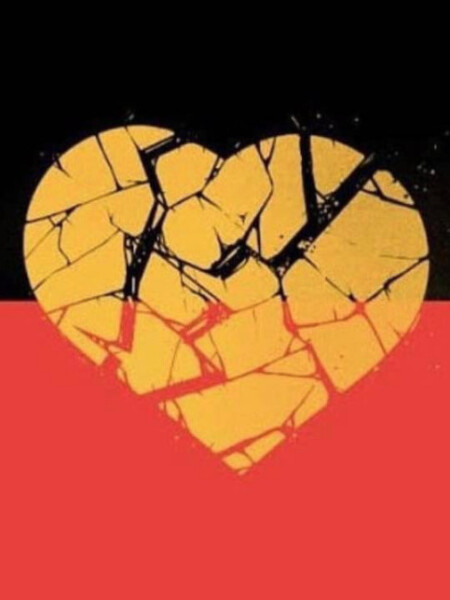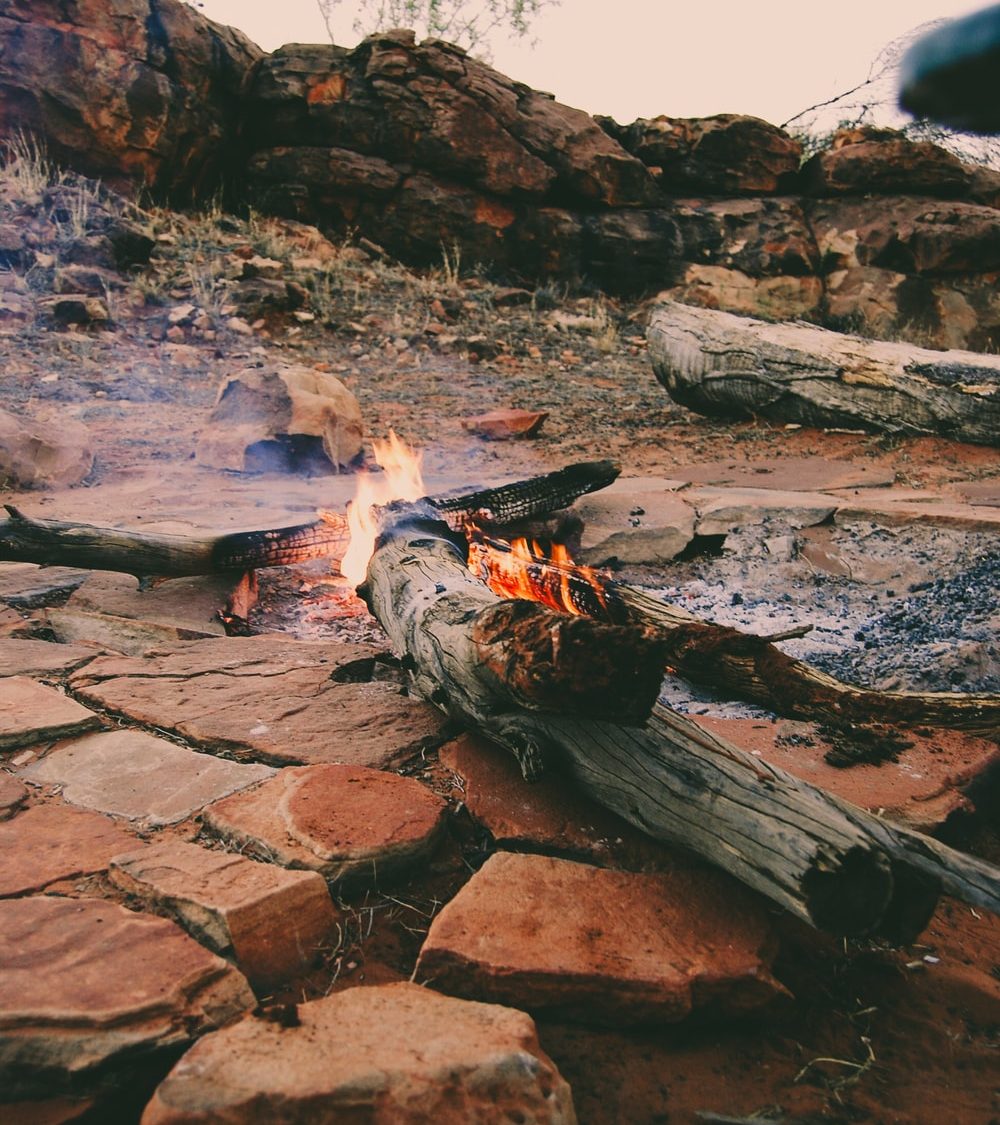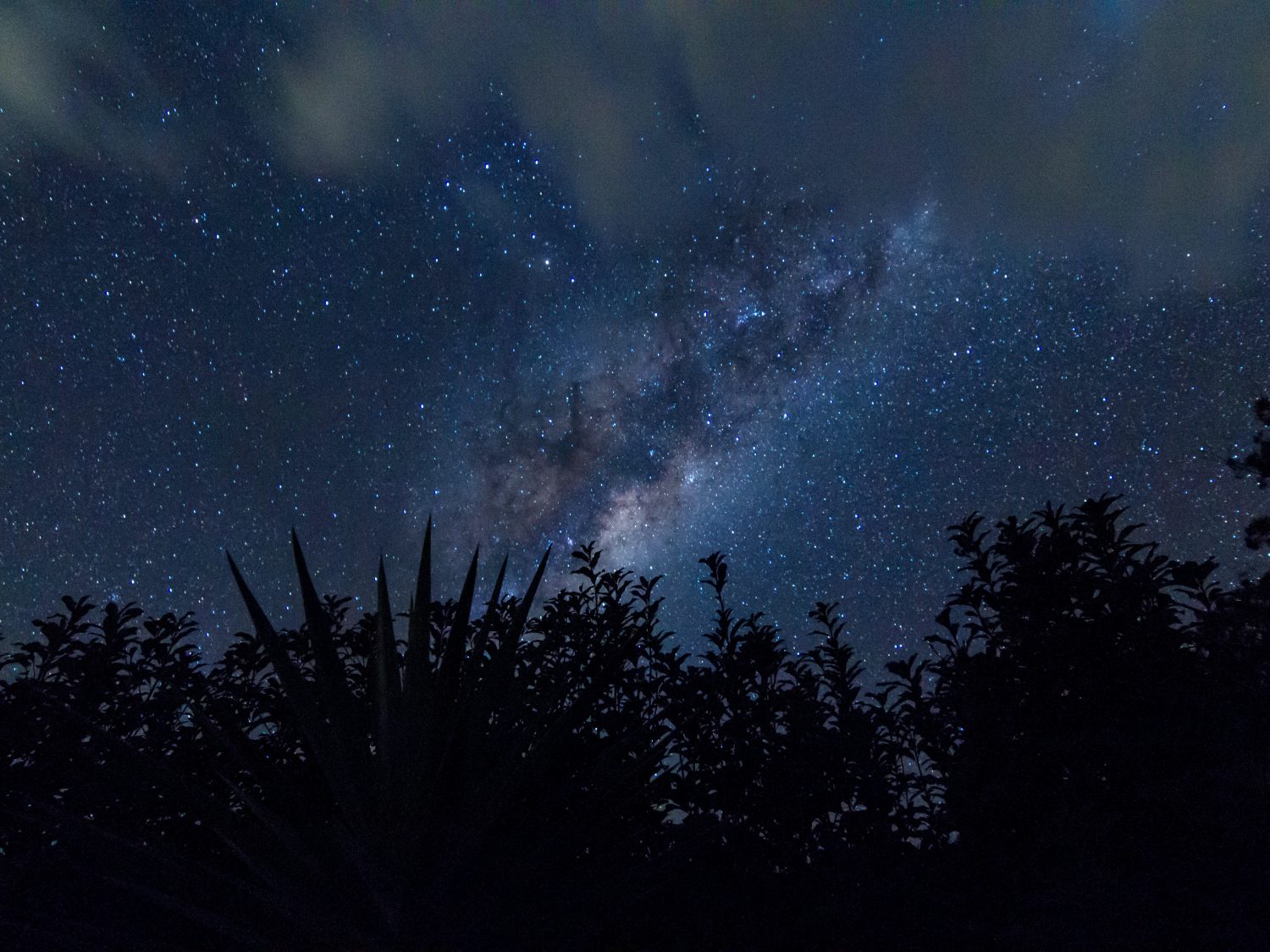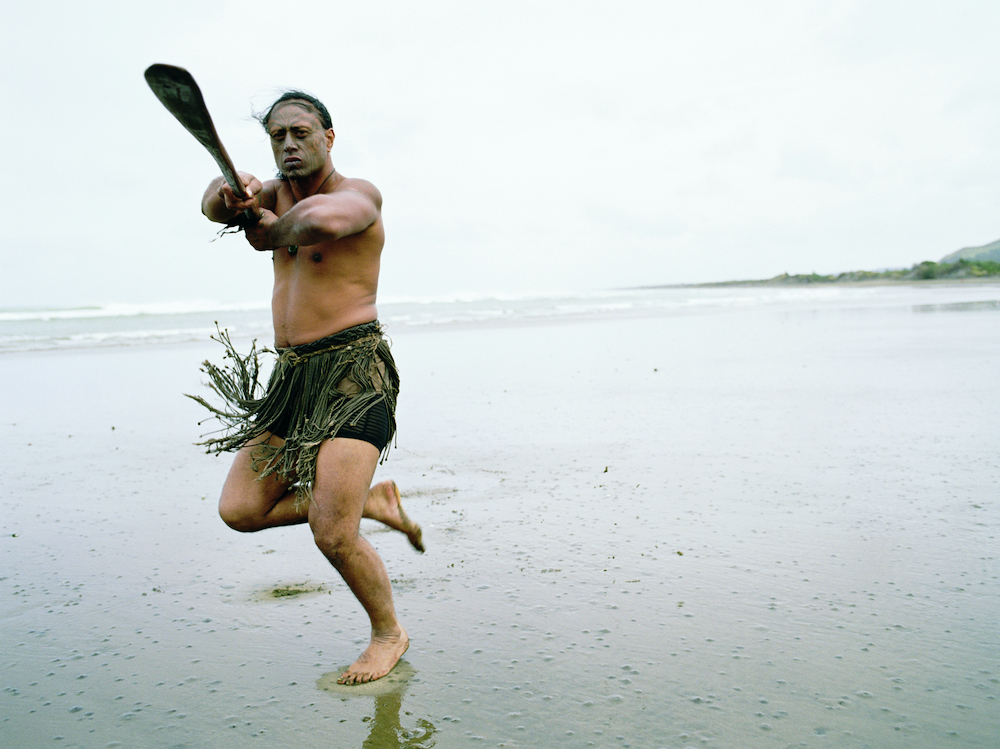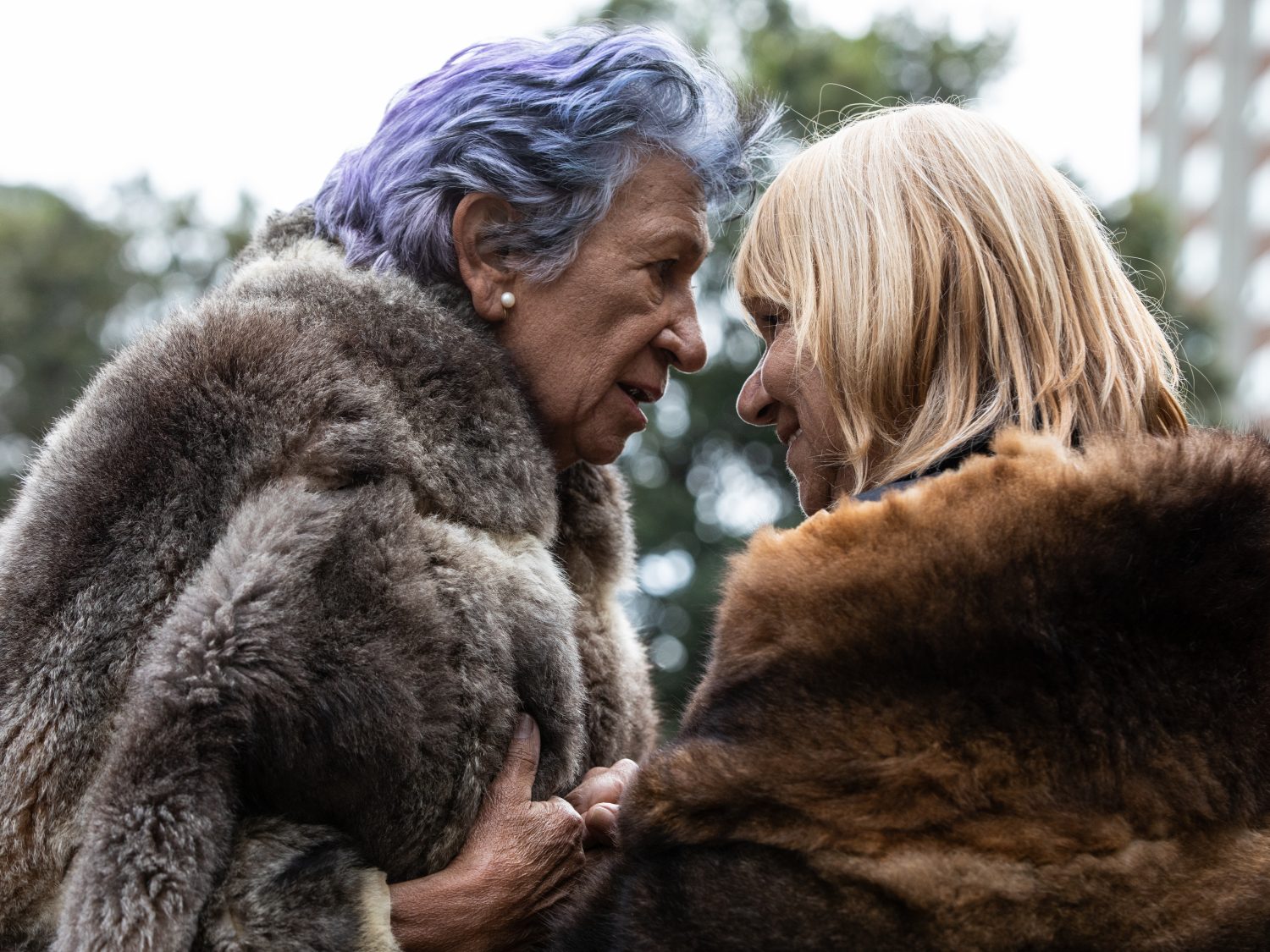LATEST
- As of April 2024, no dedicated treaty talks or processes are underway in WA.
BACKGROUND
In 2016, the Western Australian Parliament enacted the Noongar (Koorah, Nitja, Boordahwan) (Past, Present, Future) Recognition Act 2016 (WA). This was the first piece of legislation in Western Australia to include the Noongar language and recognises the Noongar people as the traditional owners of the land and their continued relationship with Country. It is sometimes considered ‘Australia’s first Treaty’, though it does not recognise the Noongar Peoples’ right to self-government.
Noongar (Koorah, Nitja, Boordahwan) (Past, Present, Future) Recognition Act 2016
Between January and March 2015, a series of authorisation meetings were held between the Western Australian government and the South West Aboriginal Land and Sea Council (SWALSC) to approve a native title settlement which took the form of the 6 Indigenous Land Use Agreements (ILUA). The agreement involved the Noongar people receiving a $1.3 billion package relating to land, resources, governance, finance and cultural heritage in exchange for surrendering native title rights and interests. The Settlement formally commenced on 25 February 2021.
As part of the agreement, in 2016 the Western Australian Parliament enacted the Noongar (Koorah, Nitja, Boordahwan) (Past, Present, Future) Recognition Act 2016 (WA).
The Noongar Settlement also included the transfer of 320,000 hectares of land to the Noongar nation over five years, and the granting of certain rights to land that was not transferred. Similarly to the Gunaikurnai and Dja Dja Wurrung settlements in Victoria, the Noongar people will be invited to co-manage land and resources in land outside their territory. A key element of the Settlement was enhanced socio-economic opportunities and increased employment. The Settlement is the largest native title settlement in Australian history, affecting about 30,000 Noongar People and encompassing around 200,000 km2 (77,000 sq mi) in south-western Western Australia.
While the Noongar Settlement is itself not a treaty, it has important implications for future treaty talks and processes. In registering the comprehensive political agreement as six Individual Land Use Agreements, the Noongar Settlement shows that treaties can be achieved in a manner consistent with Australia’s existing public legal system. In other words, treaty making is achievable in Australia.
Further Reading
Treaty in WA Factsheet
To read a more in depth account of Treaty in WA, you can access our Factsheet here.
Other links

